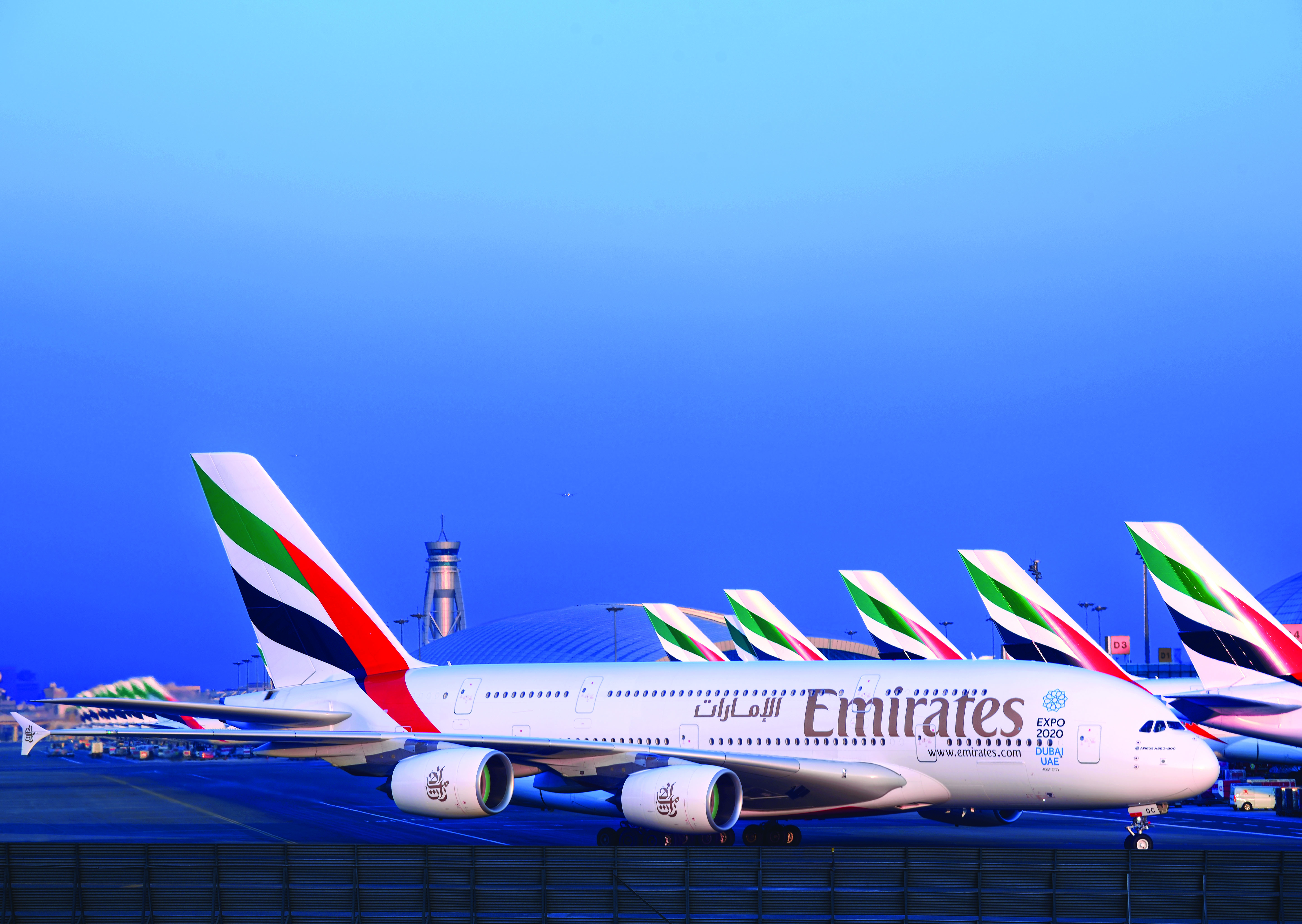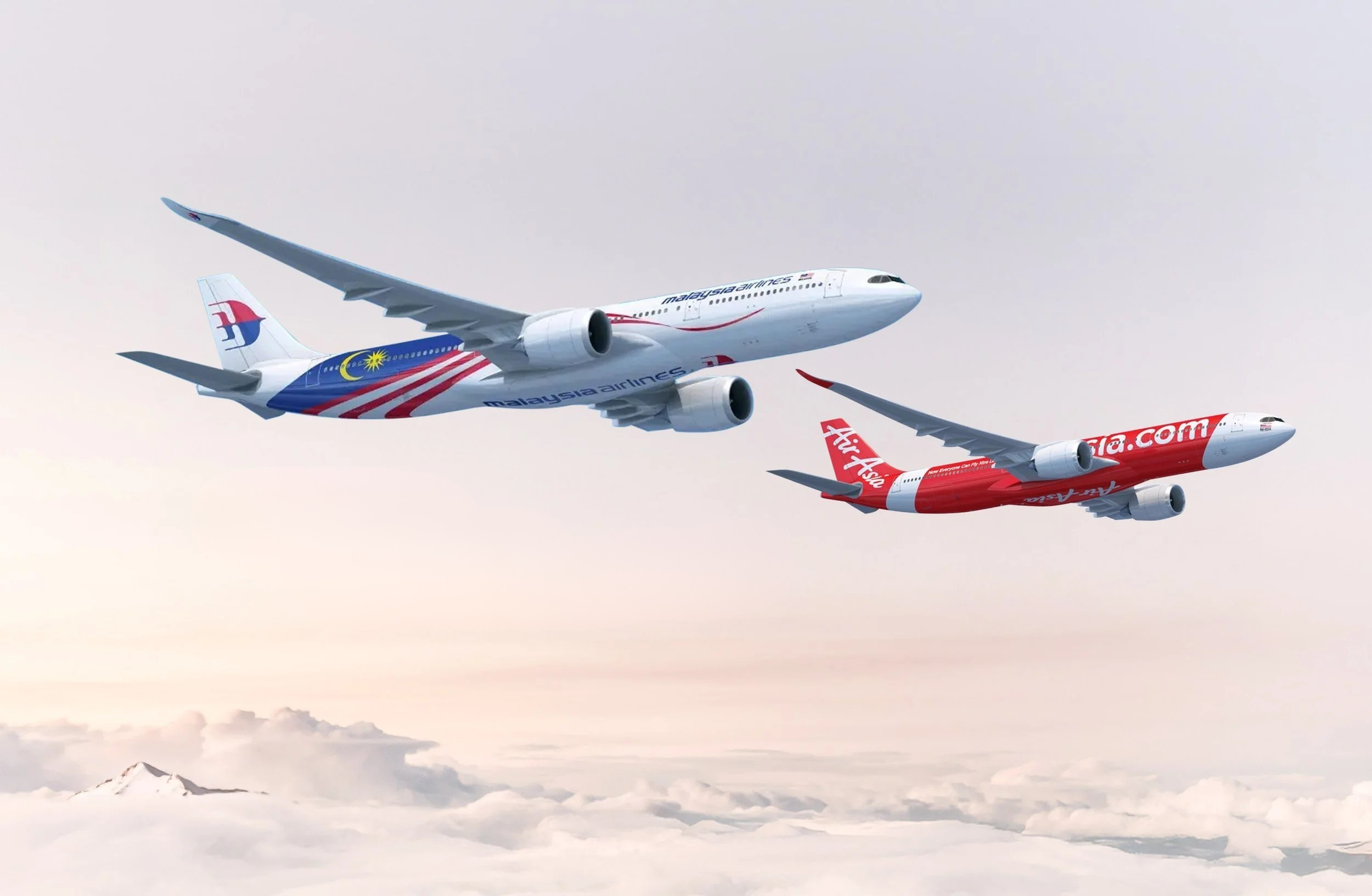Singapore Airlines expects a significant reduction in carbon emissions on a series of San Francisco flights over the next three months that will combine biofuels made from cooking oil with optimised flight planning and its new A350-900 aircraft.
The Singaporean carrier (SIA) is partnering with the Civil Aviation Authority of Singapore to operate 12 “green package’ flights on the lengthy, non-stop Singapore-San Francisco route to raise awareness of aviation biofuels and provide insight on issues such as economics, logistical requirements and performance.
The first flight departed San Francisco on May 1 with 206 passengers on board powered by a conventional jet fuel combination of hydro-processed esters and fatty acids (HEFA) ) biofuel produced from used cooking oil by AltAir Fuels.
A full tank of the HEFA biofuel would cut lifecycle emissions, which include emissions from the production process, by about 71 per cent but SIA is using a blend. Nonetheless, it expects CO2 emissions savings of about 15 metric tonnes per flight.
Biofuels have been used in a number of aircraft trials and have been certified for use in aviation since 2011. But SIA says this the first time an alternative fuel has been used in conjunction with a next-generation plane and cutting-edge air traffic control techniques.
CAAS will employ several optimised flight operations to reduce fuel burn These include user preferred routes, where regularly updated flight routes take into account factors such as weather and aircraft performance, and Dynamic Airborne Reroute Procedure, which allows an aircraft to change course during a flight to take advantage of updated weather forecasts.
They will also be able to use reduced separation standards while flying over oceans and traffic flow management procedures which reduce the holding time for arriving flights.
The Singaporeans have also been involved in the Asia and Pacific Initiative to Reduce Emissions (ASPIRE) program and SIA is a member of the Sustainable Aviation Fuel Users Group (SAFUG) established in 2008 to promote the use of sustainable aviation biofuels.
“Singapore Airlines’ fleet is already among the most modern and fuel-efficient in the world,’’ chief executive Goh Choon Phong said in a statement. “We now want to push ourselves further and are embarking on this initiative to help promote the use of sustainable biofuel in an operationally and commercially-viable manner.
“This is in line with our long-term commitment to further reduce carbon emissions while improving the efficiency of our operations.”
Biofuels are expected to play a key role in helping the aviation industry achieving its target of carbon neutral growth after 2020.
They have been shown to reduce the full lifecycle carbon footprint of aviation fuel by up to 80 percent and the Air Transport Action Group estimates the carbon footprint of commercial aviation would fall 5 per cent if it were to get just 6 per cent of its fuel supply from biofuel.
A number of airlines are either using or looking at using biofuels on a regular basis.
United Airlines in 2016 agreed to purchase up to 15 million gallons of sustainable biofuel from AltAir Paramount over a three-year period for its daily operations at Los Angeles. The flights use a 30-70 mixture of biofuel to traditional fuel that is estimated to reduce lifecycle carbon emissions by more than 60 per cent when compared to fossil fuels.
Hong Kong’s Cathay Pacific also plans to use a combination of conventional jet fuel and biofuels on flights from the US starting in 2019.
Have questions or want to share your thoughts?
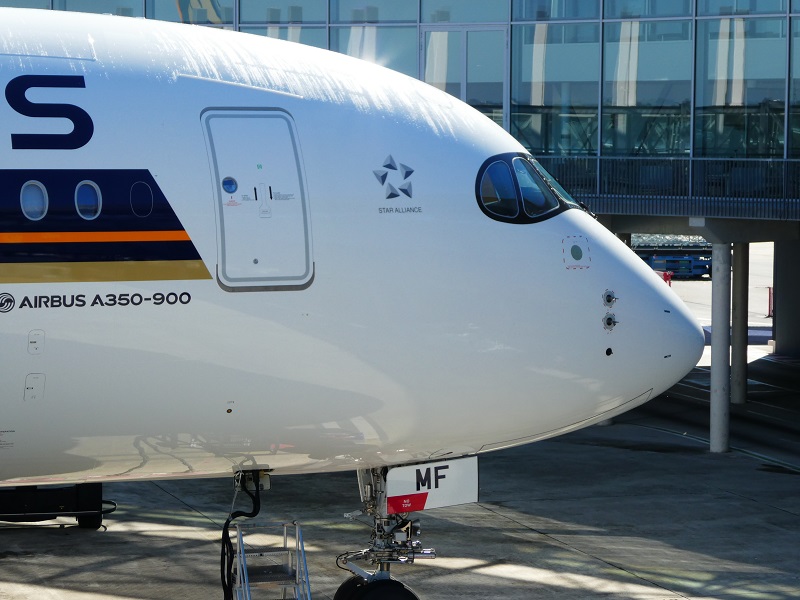
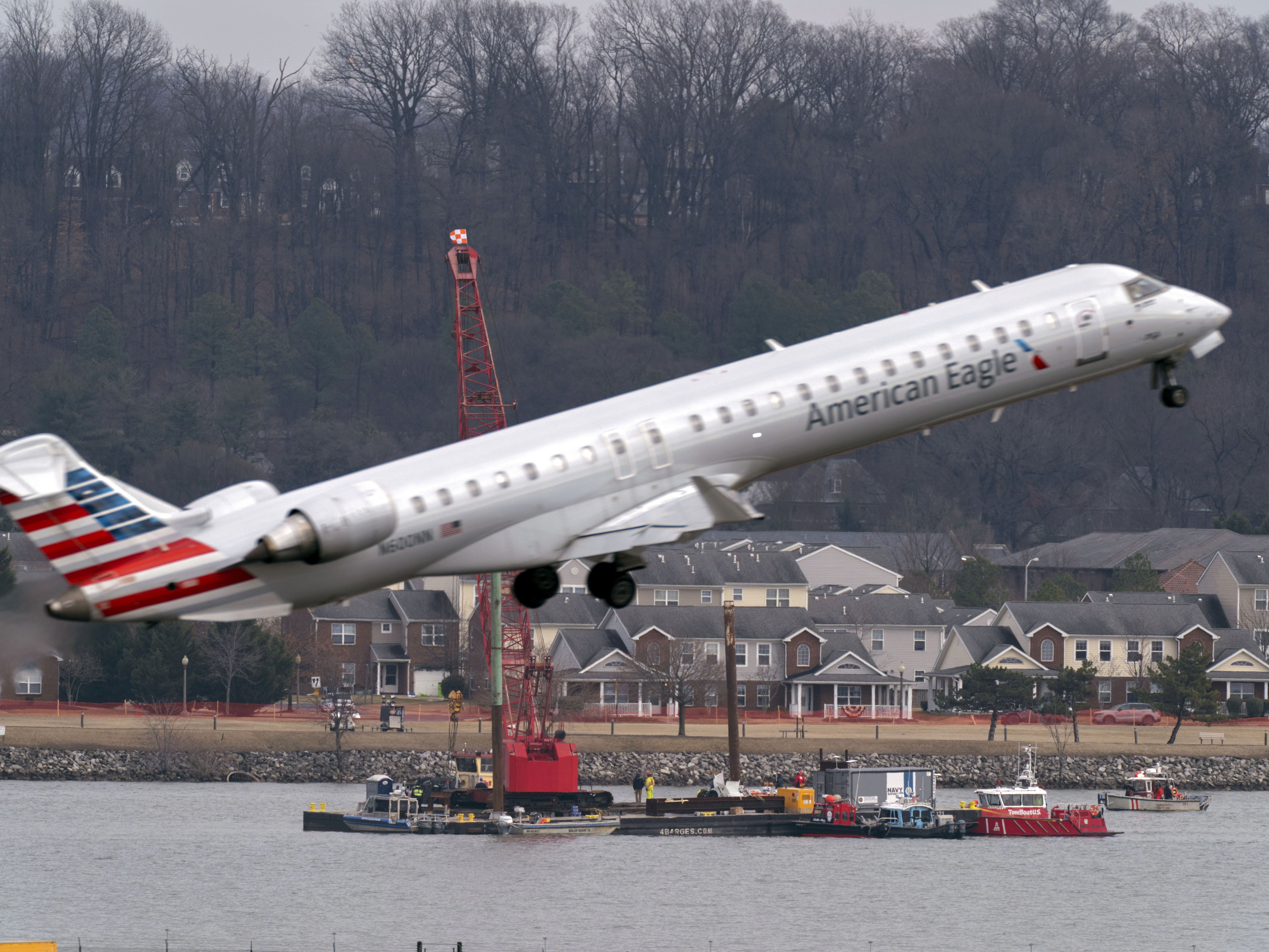
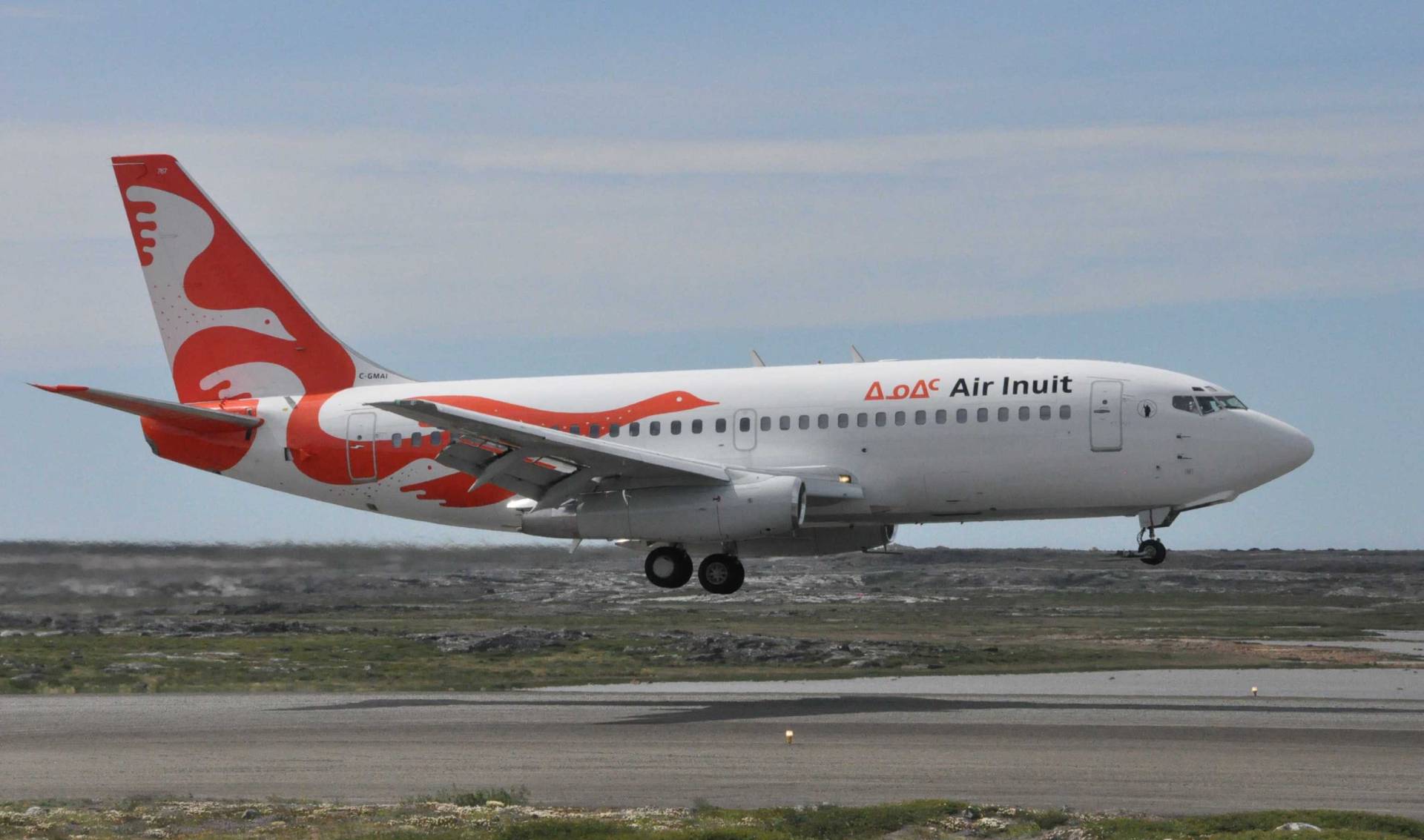
.jpg)
